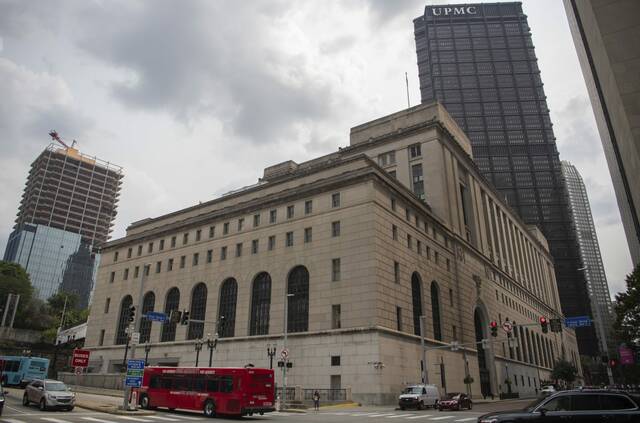The Tribune-Review has long argued that the names of jurors be treated as what they are: public records.
Jurors are the most important part of a criminal trial. While lawyers and judges might believe otherwise, that distinction is undeniably held by the 12 people who are the primary audience for the proceedings.
They are called at random, their lives are disrupted and they are paid a pittance. However, they weigh issues of crime and consequences and deliver decisions that can change lives.
Their names are duly recorded by the court as they were culled from state or county files. As public records, those names should be accessible to the public, especially after that service is complete.
The Trib has argued that in court repeatedly. It is Pennsylvania precedent because of our appeal in the murder trial of Ligonier podiatrist Karl Long. It was four years after the 2003 trial that the state Supreme Court recognized the value of juror names as part of public scrutiny in defense of integrity.
In federal court, there are different measures. When the jury was seated in Robert Bowers’ trial for the Pittsburgh synagogue shooting, U.S. District Judge Robert J. Colville sealed the list until the proceedings were concluded.
That was in May. Colville permanently sealed those names three weeks later. That sealing order became publicly available only this month, after Bowers was sentenced to death for killing 11 people in the deadliest antisemitic attack in U.S. history.
The judge was balancing public access rights against other issues. On June 6, he wrote, “It is in the interests of justice that the names of jurors and potential jurors remain permanently sealed.”
That may have something to do with Hardy Carroll Lloyd, 47, of Follansbee, W.Va. A Pittsburgh-area native and son of a Shadyside doctor, Lloyd was arrested Aug. 10 on federal charges of obstruction of justice, transmitting threats over state lines and witness tampering. They stemmed from antisemitic threats and plans to identify Bowers trial jurors.
The court does have an interest in and a responsibility to keep jurors safe. It is the bare minimum owed them.
It is unfortunate that thwarting the potential danger to people nobly serving the public good means blinding the public interest. It takes threats against jurors who did months of important work and creates something else. It is a ransom of information, a kidnapping of the right to question and check and hold accountable.
Safety and security are not always the same thing, even though they sometimes seem like it.








